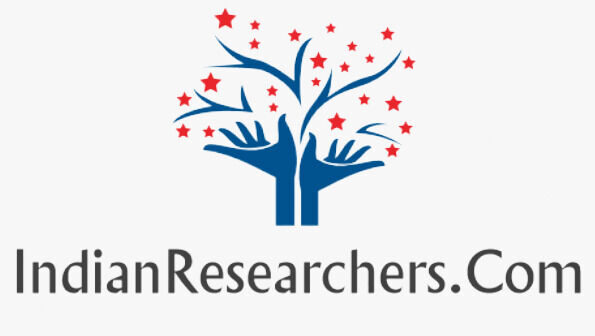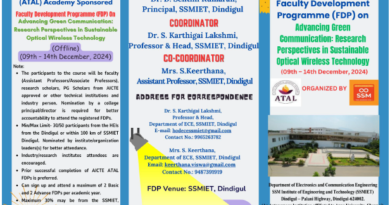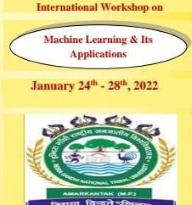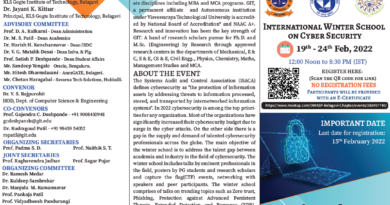ARSACS Research Grants upto $100,000CAN Call for Proposals 2024
A new additional initiative this year: “start-up financing offer” (Seed Grant)”. In addition to the standard financing grant which can offer to a maximum of $100,000 CAN, the Ataxia Charlevoix-Saguenay Foundation offers to finance projects up to a maximum CAN$25,000 to researchers who have never been funded by the Foundation in the past.
Overview
The purpose of the Autosomal Recessive Spastic Ataxia of Charlevoix-Saguenay (ARSACS) research grants is to further encourage and accelerate the development of a treatment for ARSACS. Both fundamental and clinical research projects are accepted. Founded in 2006, the Ataxia Charlevoix-Saguenay Foundation is a charitable organization with a mission is to discover and develop a treatment for the disease www.arsacs.com.
Funding
The present call for proposals aims to fund projects that will clearly advance the understanding of the disease and lead the way to the development of a treatment for individuals living with ARSACS. The ARSACS Foundation will support novel or innovative research approaches, supported by sound rationale and a feasible experimental plan. Preliminary data may enhance competitiveness but is not necessarily required. The number of awarded grants may vary from one year to the next. It should be noted that the grant funding from the Foundation cannot be used towards overheads or cover indirect costs.
The research grant could be as high as $100,000 for a 12-month period and with possibility for renewal. A previously funded project can be renewed from year to year but must contain a research advancement section which clearly demonstrate the accomplishment of the proposed objectives and milestones. As for “start-up financing” (Seed Grant), the research grant can reach CAN$25,000 for a period of 12 months with a possibility of renewal.
Eligibility and requirements
Only one proposal can by submitted by PI. However, an independent investigator submitting a proposal as PI can be collaborator on other proposals. Independent investigator must hold an academic position in a recognized institutions (Universities, Research Centers, hospitals, or affiliates) as means to ensure the funds will be used appropriately. At the end of the project, the PI must provide the Foundation with a scientific progress report as well as a summary to be posted on the Foundation’s website (summary of approximately 15 lines in layman’s terms). Upon successful application, please note that the nominated PI (or a delegate chosen by him) may be asked to present the project’s advancement during the ARSACS International Symposium usually held every two years. In such a case, it would be expected that such PI accepts to present.
Important dates
Call for proposal February 28th, 2024
Application deadline May 24th, 2024
Review and selection process June-July 2024
Announcement of funded projects August 2024.
Application process
The Applicant must submit the following documents by email in a single PDF document to the attention of Sonia Gobeil (ataxia@arsacs.com and sboivingobeil@gmail.com) at the application deadline, at the latest. Applications must be submitted either in French or in English.
Please submit your applications for review in the following order:
1) Signed cover letter (downloadable from the ARSACS Foundation’s website)
2) Half-page of research advancement report (for project renewal only)
3) Research plan (limited to 3 pages) Research plans must contain an Abstract describing the project’s rationale, hypothesis, specific aims, and significance for patients with respect to identifying disease pathogenesis or treatments for ARSACS. Research plans must also include the following sections (Background, hypothesis/objectives of the proposed research, detailed experimental or methodological plan, and significance of the project). Due to space constraints, note that a comprehensive literature review is not expected. Please supply only the information required to understand the proposal as the members of the Scientific Advisory Board are specialists in ARSACS and related neurological diseases.
4) Figure and tables (limited to 3 pages) A maximum of three additional pages are allowed for figures and/or tables which could include (preliminary data or information to support feasibility). These pages may not be used for supplementary text. Figures and tables should not be
embedded within the text of the Research Plan.
5) Bibliography
The research plan is expected to be appropriately referenced. The choice of format is at the PI discretion but should at least include (author’s names, the title of the reference, year, and Journal names). There is no page count limit in this section.
6) Proposed budget and justification (half-a-page) The budget should clearly detail the proposed use of project funds under appropriate categories and consistent with approved expenditures: personnel, consumable supplies, laboratory animals, other (including service contracts, service charges, publication costs, etc.). Indirect or overhead costs are not eligible under this funding. Expenditure for laboratory equipment is usually not allowed. Please refer to the ARSACS Foundation for inquiries. Researchers can request up to a total of CAN$25,000 (Seed Grant) or CAN$100,000 (Standard Grant) to be spent over a 12-month period. A brief budget justification describing the proposed costs for each of the major categories, should also be submitted with the itemized budget. Budgetary overlap for the proposed project with other funded projects by another agency must be disclosed.
7) CV (NIH biosketch format; limited to 5 pages) The curriculum vitae of the Principal Investigator and Co-Investigator(s) must be provided. Please use the NIH-style abbreviated biosketch, containing the following sections (Education and Training, Positions and Honours, Research Focus (one paragraph), Professional Activities and Awards, Peer-reviewed Publications relevant to the proposal, and Research Funding within the last five years and research outputs stemming from this funding). Maximum of five pages per CV. CVs from collaborators are not required.
8) Other supporting documents (letter of supports) Letters of supports from collaboration or colleagues who will provide resources critical to the research project should also be included, if applicable, to demonstrate the feasibility of the proposed research plan.
Evaluation
The Scientific Advisory Board of the Ataxia of Charlevoix-Saguenay Foundation will evaluate each application. Proposals will be assessed on novelty/innovation, scientific merit, potential impact, and feasibility of the experimental plan. Additional external reviewers may be solicited according to additional expertise required. These external reviewers will evaluate the proposals using the same guidelines given to the Scientific Advisory Board members and will provide ratings and scores to the Scientific Advisory Board
For More Information Visit:





Interesting, interested to know being dental faculty what i can do